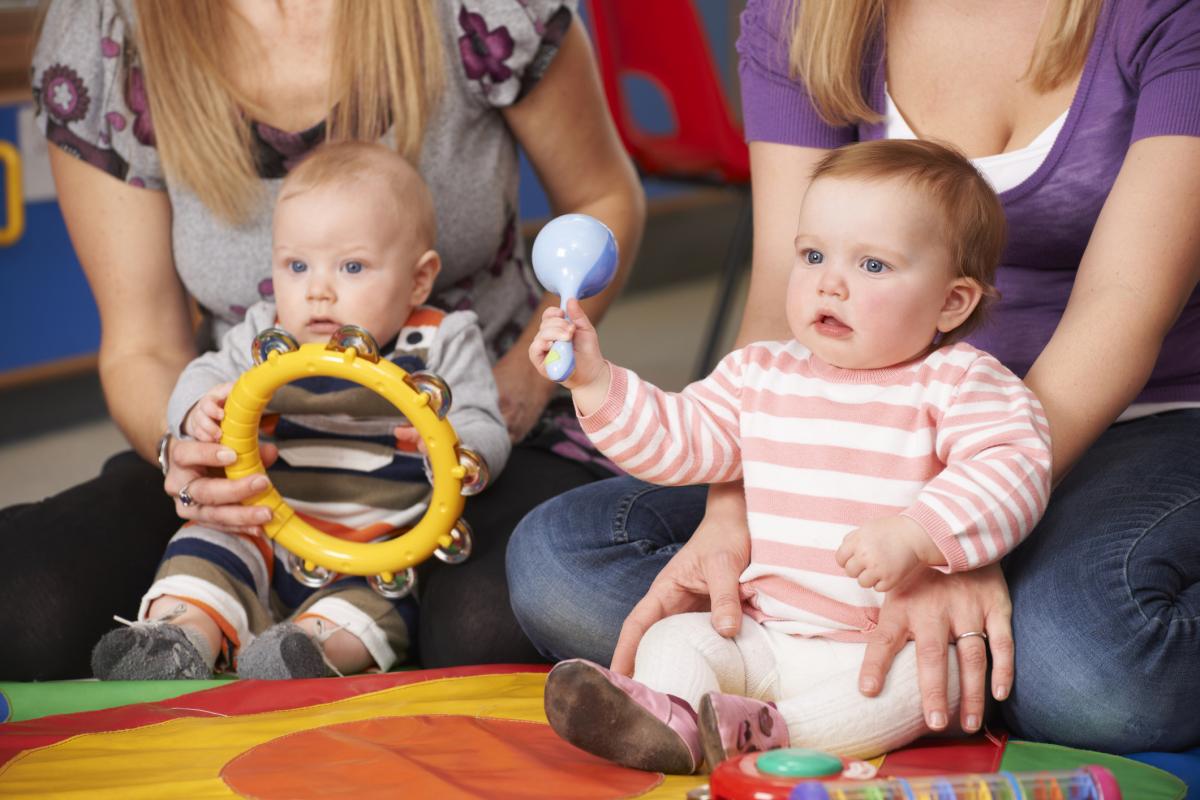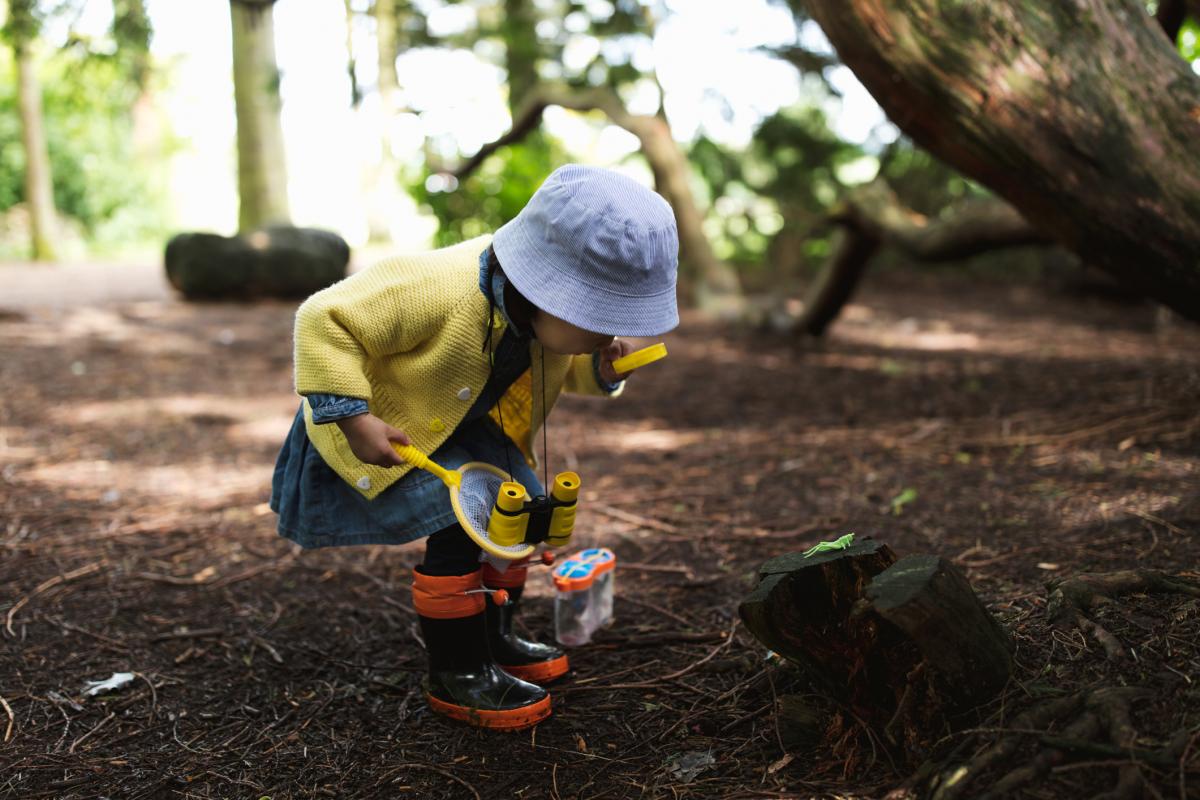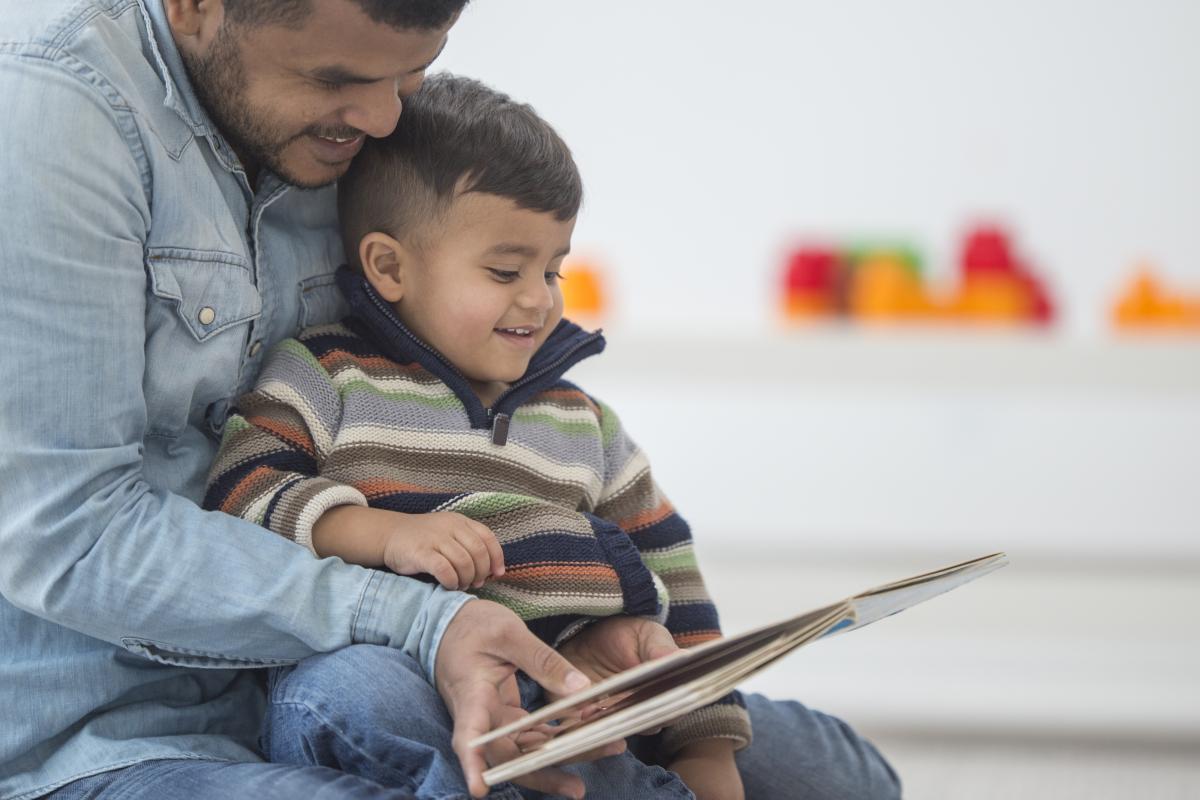Did you know that about 80 percent of brain development takes place before a child turns three? As a caregiver, you play an essential role in that development. Think of young brains as tiny muscles, growing and strengthening through interactions with you. “The Basics”, from Dufferin Basics, are five simple, science-based ways to support your child’s development that can be easily incorporated into your daily routine.
1. Maximize Love, Manage Stress

Children thrive in an environment filled with love, safety, and predictability. Expressing love and responding to your child’s needs teaches them that they can rely on you. Spend time with your child, listen to them when they talk and give them hugs and kisses. Feeling secure in their relationships provides the confidence they need to explore the world and tackle life’s challenges.
Young children are sensitive to your emotions, both positive and negative. So, finding healthy strategies to cope with stress and asking for help is important. Taking care of yourself benefits not only you but also your child.
Infant tip: Hold them close, smile, and make silly faces.
Toddler tip: Teach your toddler to name their feelings saying things like “It looks like you’re scared because you fell. Falling can be scary!”.
Get more “Maximize Love and Manage Stress” tips from Dufferin Basics.
2. Talk, Sing, and Point

Talking, singing, or pointing to objects while you speak, provides clues about how language works.
Talking with children and answering their questions becomes a way to introduce them to the world. Through these conversations, you’ll also discover the fascinating individual your child is becoming.
Infant tip: Speak to your child in whatever language you are most comfortable with. All languages are beneficial.
Toddler tip: Expand further on what they say. For example, if they say “dog,” you can respond with, “Yes, that is a dog. That dog is brown and soft.”
Get more “Talk, Sing, and Point” tips from Dufferin Basics.
3. Count, Group, and Compare

Numbers are important. Teach your child about numbers by counting things or grouping items together. Compare things, like big and small or more and less. Watch your child learn to love math and get ready for school!
Infant tip: Play music to expose your child to rhythm and patterns.
Toddler tip: Look for shapes around you. “The clock is a circle. Do you see any other circles?” This could be a fun game when you are out doing errands.
Get more “Count, Group, and Compare” tips from Dufferin Basics.
4. Explore through Movement and Play
 Children are like scientists who love making discoveries, and play is how children explore and learn about the world around them. Go outside with them, dance, build things, and try new games together. It’s good for their body and mind.
Children are like scientists who love making discoveries, and play is how children explore and learn about the world around them. Go outside with them, dance, build things, and try new games together. It’s good for their body and mind.
Infant tip: Hold a toy over your infant’s head and encourage them to reach and build coordination.
Toddler tip: Take a walk and examine the rocks, bugs or plants.
Get more “Explore through Movement and Play”. Tips from Dufferin Basics.
5. Read and Discuss Stories

Reading books with your child is a great activity to make a regular part of your daily lives. It’s like going on adventures together. Stories introduce children to new words and ideas, fuels their imagination and expands their understanding of people, places, and things. Reading together creates cherished memories for both parents and children that last a lifetime. When you read, talk about the story and point at pictures. Ask questions and guess what will happen next.
Infant tip: Describe the pictures on the pages of a book – talk about the colours, shapes and characters. You can also use an exaggerated voice to make the story more interesting.
Toddler tip: Before you open the book, check out the cover and ask your child what they think the book will be about.
Get more “Read and Discuss Stories”. Tips from Dufferin Basics.
More information
Being a parent is a learning journey but by bringing the Basics into everyday interactions with your children you can help give your child a great start in life and help build a lasting healthy, loving relationship with them. Remember, every child is unique, so tailor these principles to fit your child’s personality and needs. To learn more about the Basics and watch some great videos to see these tips in action, visit dufferin.thebasics.org.
For more parenting resources and supports, you can also contact Public Health at 1-800-265-7293 ext. 7006 or email clientcommunitysupport@wdgpublichealth.ca. A public health nurses can answer your questions about a range of topics including the Basics, pregnancy, parenting, infant feeding and child health. You’ll get confidential advice, help accessing programs and services, information about community supports and resources, and more. Visit our Parenting Supports page for more information and resources.
The Dufferin Basics offers practical, everyday ways to promote child development and foster school readiness. This initiative began as an effort to ensure that organizations across Dufferin County provide consistent, evidence-based parenting messages. The Dufferin Basics is a local affiliate of The Basics Multi-City Network.
